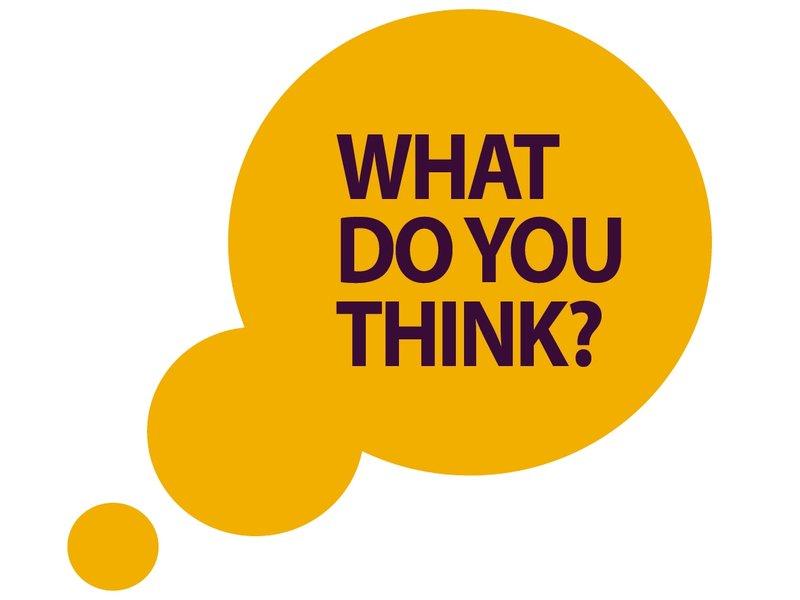Have your say on how the council makes its decisions

Councillors have decided to change the way they make decisions. They will be switching from the committee model to the leader and cabinet model.
The change will take effect from May 2022 and, to help us get the new system right, we want to know how you think it should be set up.
Why is this changing?
The leader and cabinet system is the most common form of decision making and the setting of priorities used by councils.
A majority of our councillors took the view that changing to this system will make decision making more effective and make them more accountable to the public so people will find it easier to know who to blame when things go wrong and who to praise when things go well.
However the new system is set up, it needs to meet the following criteria:
- Engagement: the decision-making process should be connected to local people and be open and transparent to the public, councillors and council officers
- Economy: the overall decision-making structure, including the number of meetings and workload for councillors, should aim to be no greater than under today’s system and be capable of further refinement
- Efficiency: the structure should help good decision making, balancing proper scrutiny of proposals while being quick and effective
- Effectiveness: responsibilities and accountability about who does what should be clear, both within the council and to those outside but especially residents.
What does the change mean?
| Current – committee system | New – leader and cabinet system |
|---|---|
|
Full Council is the governing body of the council so has the final say on the council’s budget – how much we spend and where we spend it – and the council’s policies. Policies tell officers how their decisions should be made and what action they should take in certain circumstances. We then have three committees made up of councillors – Policy Committee, Community Committee and Regeneration Committee – that take detailed decisions. Councillors from all parties are represented on those committees. Committees are politically balanced. If a party has an overall majority on Full Council, it will have an overall majority on a committee. The leader of the council is the chair of the Policy Committee but does not have any decision-making powers. There are also other committees required by law such as Planning Committee and Licensing Committee. Their names are good descriptions of their responsibilities. |
Full Council is the governing body of the council and decides the budget and policies. Full Council appoints the leader. The leader of the council then appoints a cabinet which consists of themself and up to nine other councillors. The cabinet does not have to include councillors from all political parties. Each cabinet member is responsible for a particular service area (for example, housing or enforcement). For matters reserved for the executive, the cabinet (or cabinet members) make decisions on important issues either as a group or individually. The leader of the council chooses whether executive decisions are made by the cabinet as a group, or individually by cabinet members. The number of decisions that need to be made is likely to determine the frequency of meetings including cabinet meetings. The leader also decides which executive functions can be delegated to officers. The cabinet (or cabinet members) are held to account for their decisions by other councillors through what is known as an overview and scrutiny process |
The council is made up of 39 councillors who represent the 21 wards, or areas, across the district and the people who live in them.
They keep in regular contact with council staff to ensure the council issues their residents raise are dealt with.
Those not on the cabinet will sit on other committees such as those mentioned above or some of the other committees shown in the diagram.
Read the public notice about this change.
Have your say
We want to know how you think the new system should be set up.
Give us your views by completing our survey by 5pm on Friday 22 October 2021.
Published: 3 August 2021